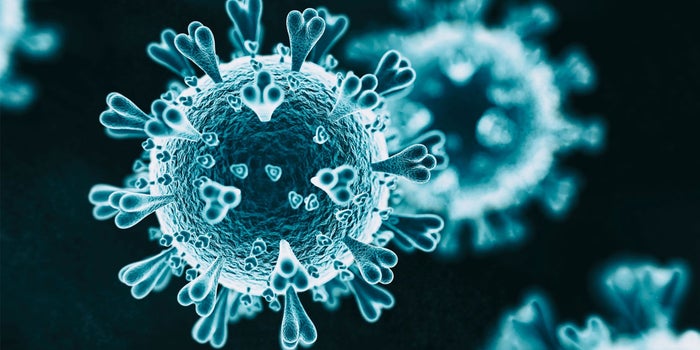Coronovirus Prevention Tips
in
General
Apr 19, 2022

- Wash your hands with an alcohol based hand rub or clean them with water and soap on a regular basis. Maintain a distance of at least three feet from people who sneeze or cough.
- Do not touch your eyes, hands or mouth after you touch a surface.
- Ensure that you and the people around you follow good respiratory hygiene.
- Cover your mouth and nose with your elbow or a tissue when you cough or sneeze.
- Make sure the tissue is disposed off into a closed dustbin. If you have a day job and have a cough, fever, or difficulty breathing, stay home, keep your colleagues or supervisors updated, and do not report to work till the symptoms have subsided.
- Call for immediate medical advice if you feel persistent respiratory discomfort. Stay informed on the latest developments on COVID-19.
- Follow the advice given by your local and national public health authority to protect yourself and others around you. If you are feeling sad, stressed or scared, take time out to talk to people you trust.
- If you are forced to stay at home, follow a healthy lifestyle, including proper diet, exercise and sleep. Limit your anxiety and worry by lessening the time you spend watching the news. Educate the uninformed without increasing their worry.
- Apropos kitchen hygiene, use different chopping knives and boards for cooked foods and raw meat. Wash your hands before you handle cooked and raw food.
- If you are living in an area that has experienced outbreaks, you can consume meat products after ensuring they are properly handled and cooked thoroughly during preparation.
- If you have a cough or a fever, it is best to avoid traveling. If it does not turn out to be risky and you still have to travel, make sure you frequently wash your hands at regular intervals.
- If you find yourself coughing or sneezing, ensure you cover your nose and mouth with your hand, elbow, or tissue.
- If you prefer a face mask, make sure both your nose and mouth are covered. Also, avoid touching the face mask once it is on.
- If it is a single use mask, discard it after you use it and wash your hands before removing it.
- If you fall sick while traveling, then inform the crew and seek medical assistance as soon as possible, and share the details with your healthcare provider.
- If you don’t fall sick, ensure you eat properly cooked food, do not spit in public, and avoid contact with sick animals.









